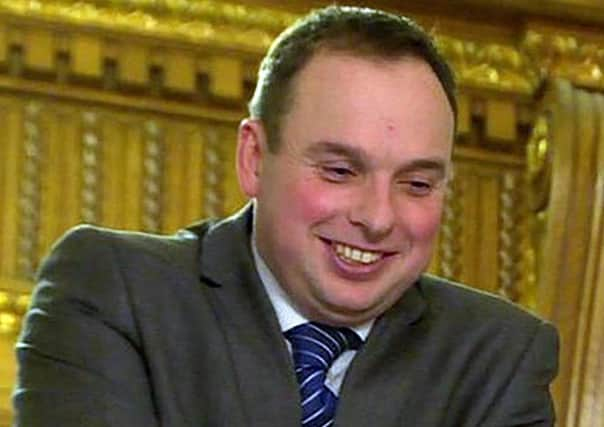DUP Spad: Party policy '˜was to secure latest RHI cost controls date'


Characterising them as “informal, colleague to colleague discussion about implementing cost controls”, Mr Cairns said that he also spoke to Timothy Johnston, the most senior DUP Spad, about the issue.
Mr Cairns went on to say that he “explored the possibility of extending the deadline to the latest possible date...this was to allow people installing RHI qualified installations time to proceed with plans already put in place”.
Advertisement
Hide AdAdvertisement
Hide AdHe said that he was influenced by the sudden closure around that time of the NIRO, a renewable electricity subsidy, which had created difficulties for businesses.
Mr Cairns said that “other DUP special advisers had suggested as late a date for cost controls as possible” but that ultimately it was a senior civil servant who had volunteered that a later date could be possible. Mr Cairns said that “at no time was any pressure placed on civil servants” and he was “surprised at the willingness to move the date from October to November”.
He said that Joanthan Bell was aware that he was discussing the issue with the other DUP Spads “and raised no objection that I am aware of at that time”, something Mr Bell has disputed.
Mr Cairns said that the DUP policy of “in-out ministers” – where ministers were mostly out of office for several weeks as a protest to the IRA role in the murder of Kevin McGuigan – also contributed to the delay in getting cost controls.
Advertisement
Hide AdAdvertisement
Hide AdHe said that both Mr Johnston and Dr Crawford wanted “the latest date possible” for cost controls but that at that point he now does not believe Mr Johnston fully understood the issue. He said that when Mr Bell was presented with the later closure date he “accepted this advice without question, comment or protest and accordingly he signed off on it”. He went on: “Indeed I recall him enthusiastically accepting this advice as it avoided encountering the [NIRO] problems”.